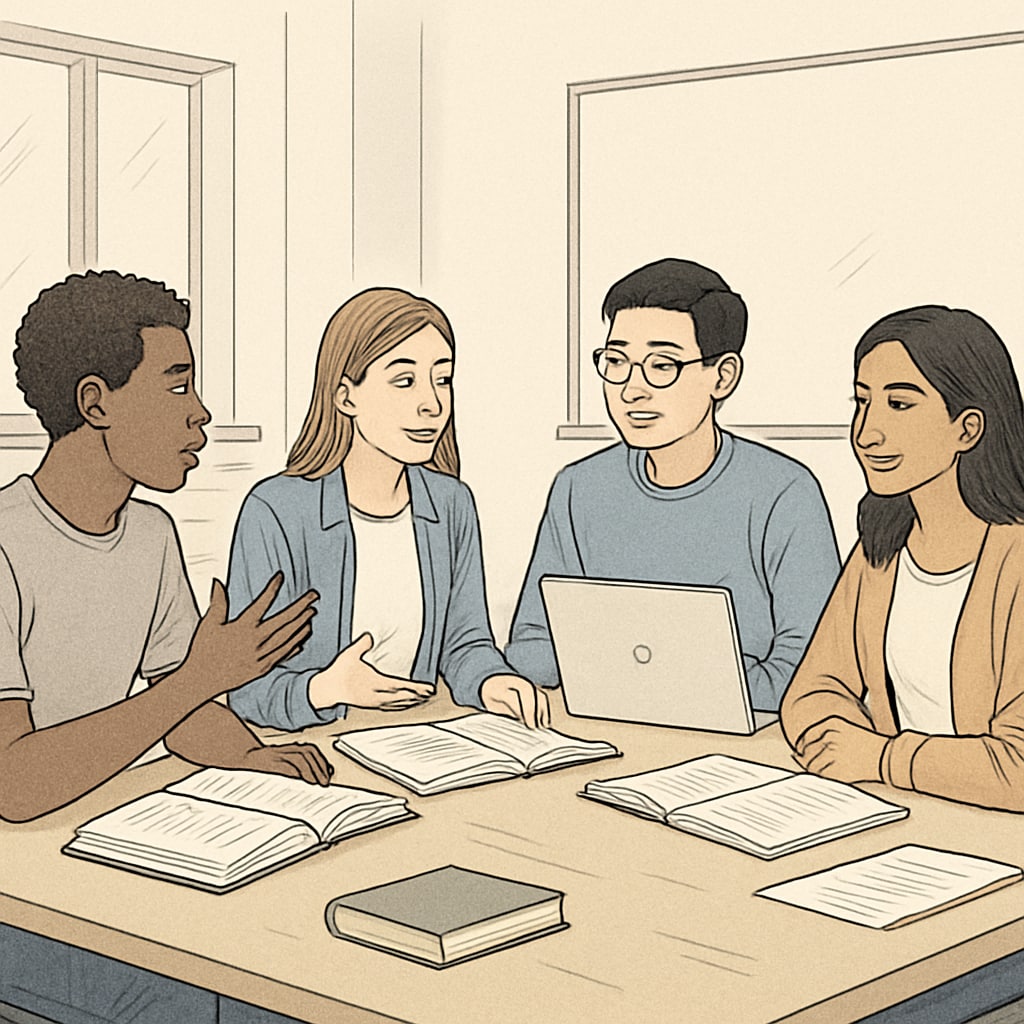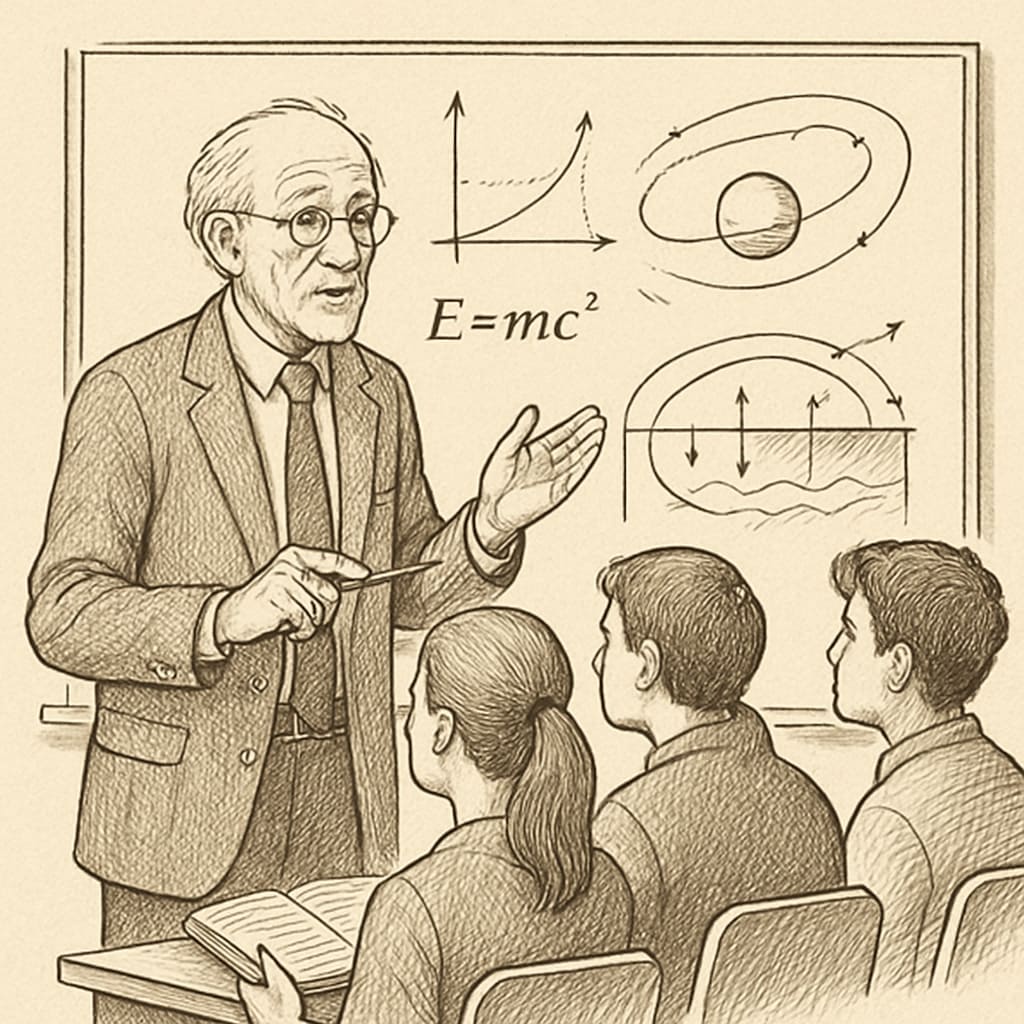Education, critical thinking, and personal growth form the cornerstone of meaningful higher learning. While universities provide technical knowledge, their greater value lies in transforming how students perceive the world and themselves.

The Crucible of Character Development
Modern universities function as laboratories for ethical reasoning. Through exposure to:
- Complex moral dilemmas in philosophy courses
- Historical case studies of ethical leadership
- Community service learning programs
Students develop what psychologist Lawrence Kohlberg called “post-conventional morality” – the ability to evaluate actions through universal ethical principles rather than personal gain. Research from the American Association of University Professors shows ethics courses significantly improve moral reasoning skills.
Cultivating Intellectual Humility
True education teaches us how little we know. As students encounter:
- Contradictory scholarly perspectives
- Unanswerable questions in their field
- The limitations of human knowledge
They develop intellectual humility – the recognition that all understanding remains partial. This mindset, according to studies from Stanford Encyclopedia of Philosophy, correlates strongly with lifelong learning habits and adaptive thinking.

The Social Dimension of Learning
Higher education creates microcosms of society where students must:
- Navigate cultural differences
- Resolve interpersonal conflicts
- Practice democratic deliberation
These experiences build what John Dewey called “social intelligence” – the ability to understand and work with diverse groups. Campus life provides safe spaces for experimenting with social roles before entering professional environments.
Readability guidance: Notice how each section combines concrete examples with expert references. Transitional phrases like “according to studies” and “as students encounter” maintain flow. Lists break down complex concepts into digestible points while keeping sentences concise.


